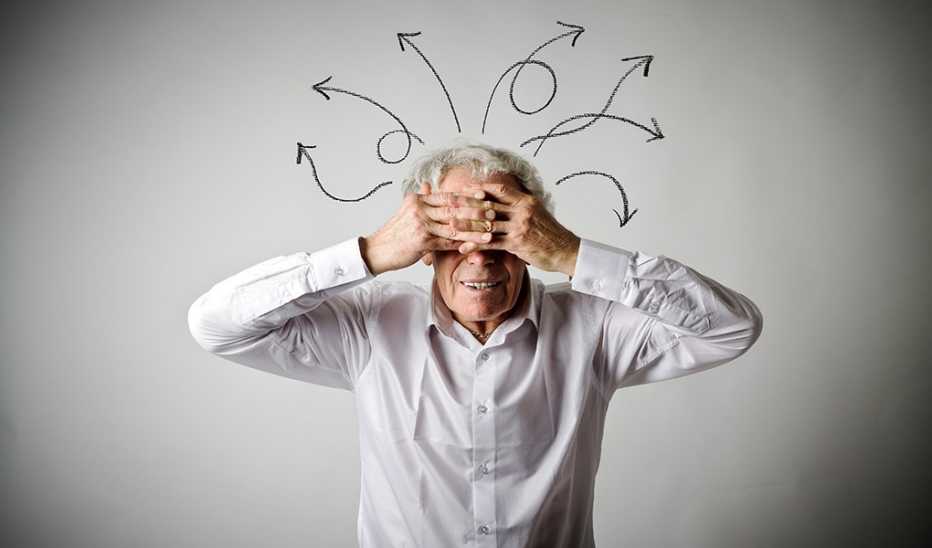Challenges


Quick Win
Intuition isn’t magic. It’s an unconscious process informed by experience, subtle information and paying attention. Practice honing your gut feelings — and double-checking them — with the steps below.
Try This Today
- Read the room. When you enter a setting with a new group of people — a meeting or party — take notice of how you feel. Do you feel welcome? What does the energy feel like? What are your first impressions of the people there? As the event unfolds, check back in with yourself to see whether any of your initial impressions were accurate.
- “Listen” to body language. When someone approaches you, pay attention to body language, facial expressions and any other nonverbal cues. Does the person seem warm? Tense? Easygoing? Do you get a sense of what he or she might say? A question, a complaint, gossip?
- Walk your way to clarity. It can be hard to hear what your gut is telling you over the other “noise” in your head. A walk outdoors can help clear your mind. Think about an issue you’re facing, and then let it go as you set out on your walk.
- Sleep on it. Before you go to bed, write down a nagging question or dilemma. Should I take that job? Should I meet that person for a coffee date? In the morning, note whether you have more clarity.
- Keep a journal. Take time each day to write down any gut feelings — or dilemmas you’re struggling with. Note whether your intuition proves to be accurate or helps you gain clarity.
- Check your mood. Don’t try to tap into your intuition when you’re in a highly emotional state, whether you’re feeling excited, depressed or anxious. Strong emotions can interfere with the ability to process the subtle signals that inform intuition.
- Don’t rely on it exclusively. Unconscious biases can feel like intuition, as can strong urges — and gut feelings don’t always yield the best decision. Think of intuition as one of many useful tools, along with logic and reasoning, for making decisions and solving problems.
Why
Intuition can help people make faster and more accurate decisions, researchers in a study published in 2016 in Psychological Science concluded. In a series of experiments, groups of college students were shown subliminal images that simulated intuition while completing a task. The results also suggested that the participants got better at using their intuition over time. In a series of focus groups, 28 physicians agreed that intuition plays a role in their process of assessing and diagnosing patients, according to a 2019 report in BMJ Open.











More From Staying Sharp
Give ‘Tabless Thursday’ a Try
Spend your next workday with just one computer tab open at a time
The Impact of Menopause on Brain Health
Understand menopausal changes and the potential role of HRT in cognitive well-being
Get Moving for Memory
Sweat therapy can benefit your health and happiness